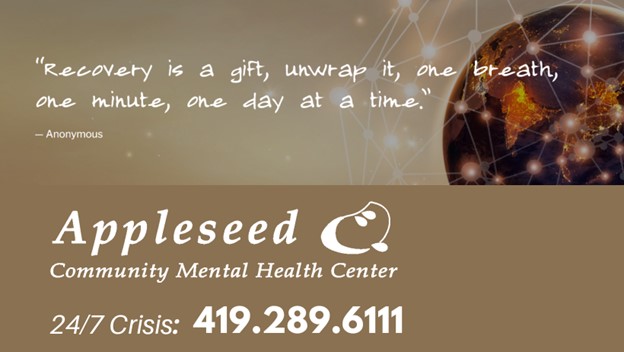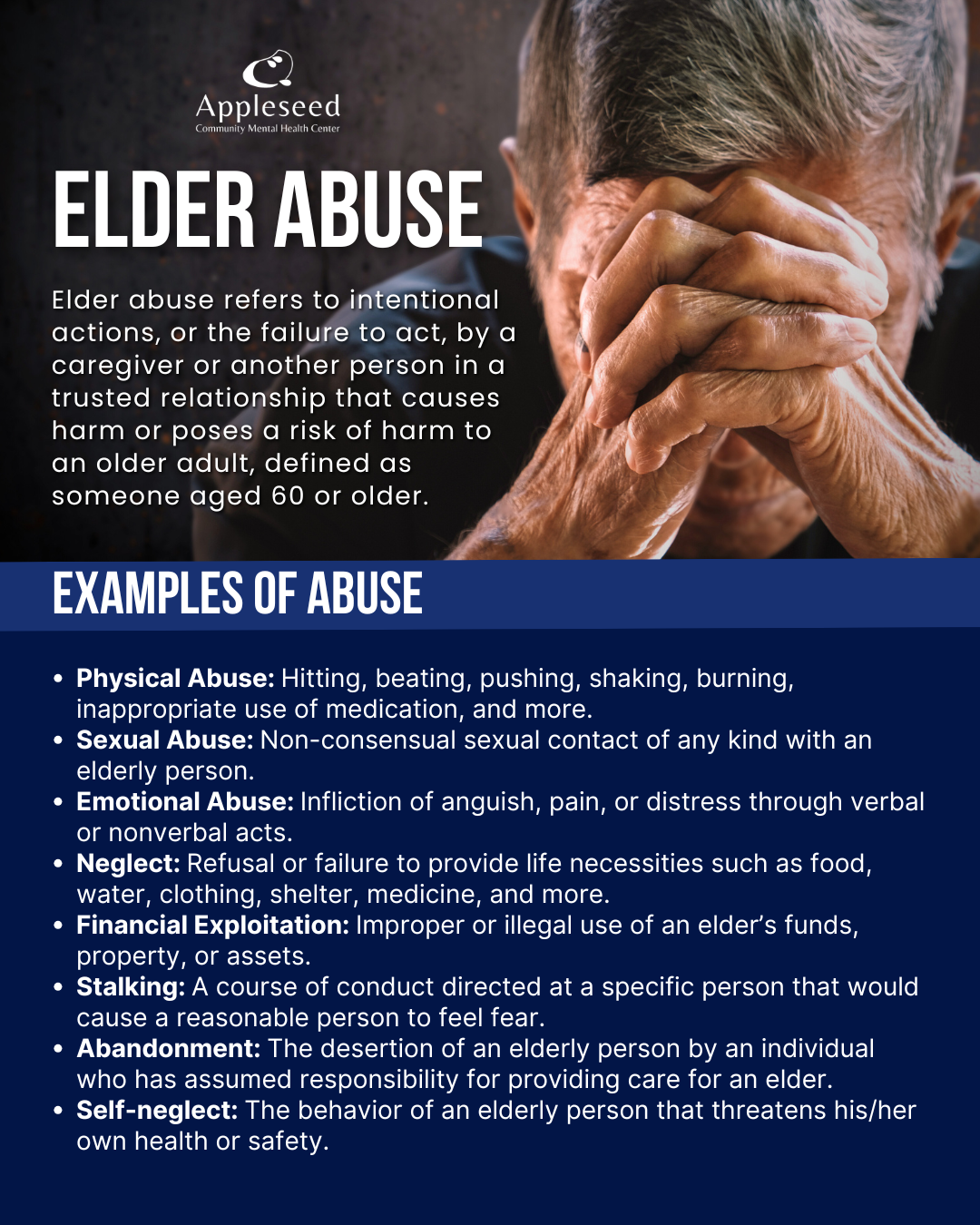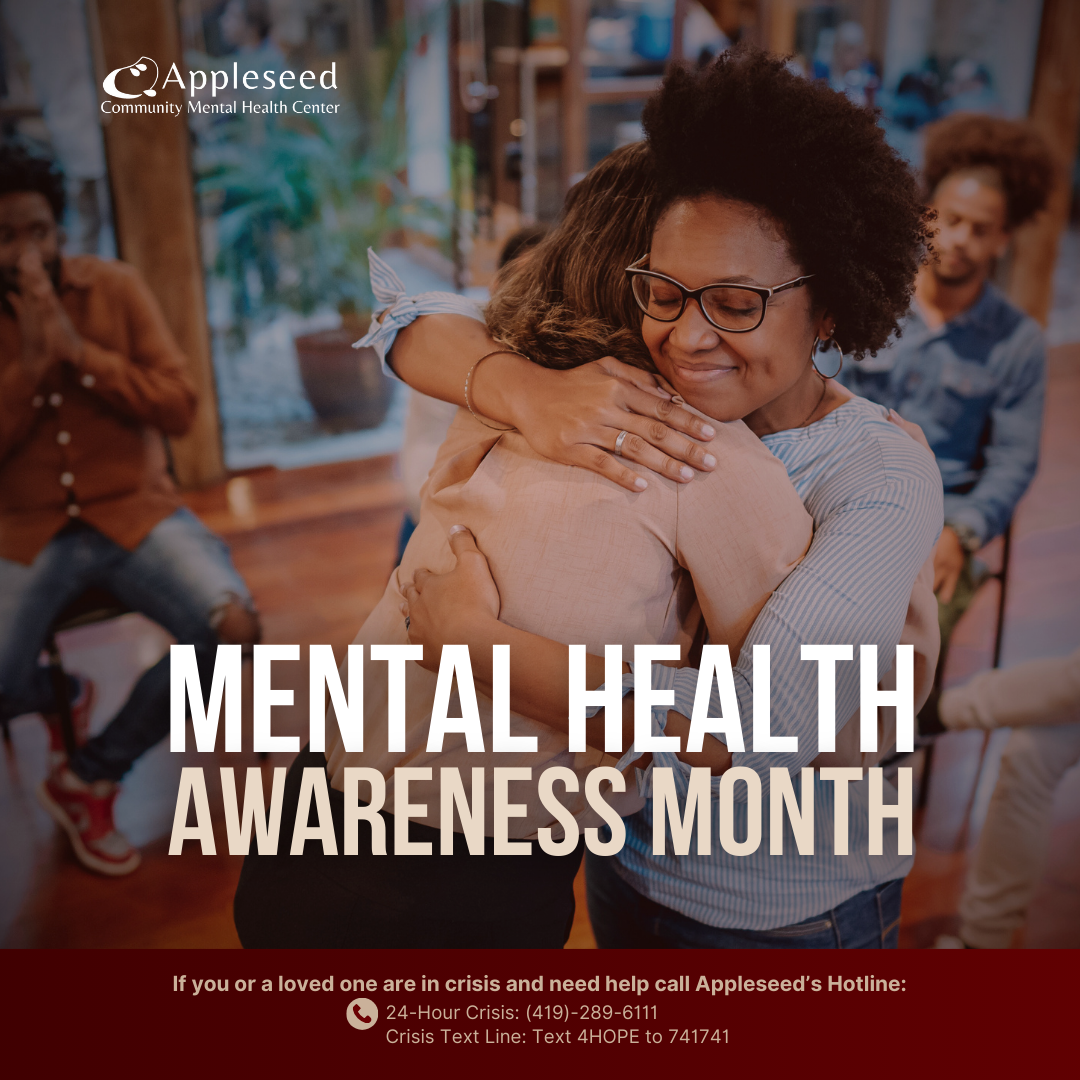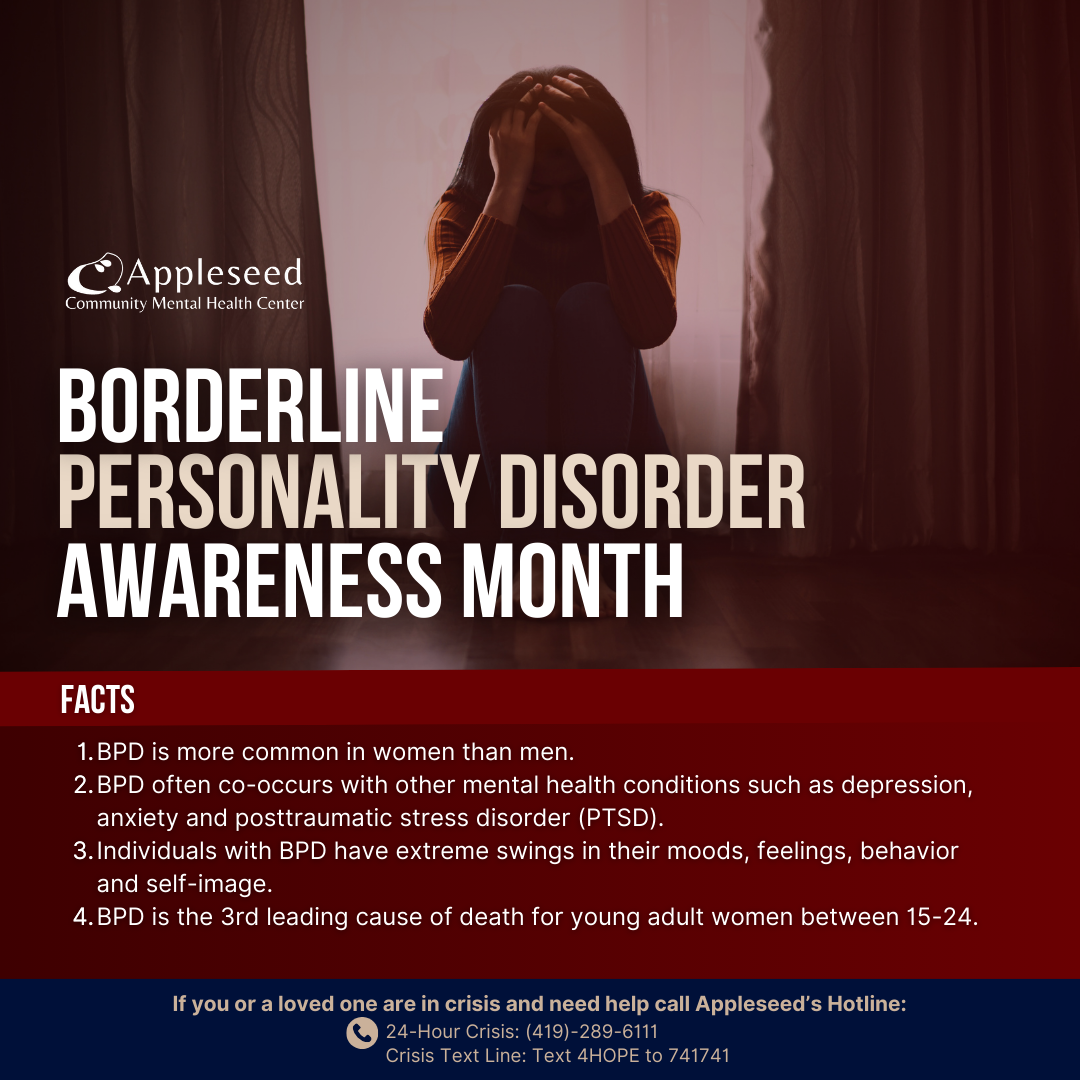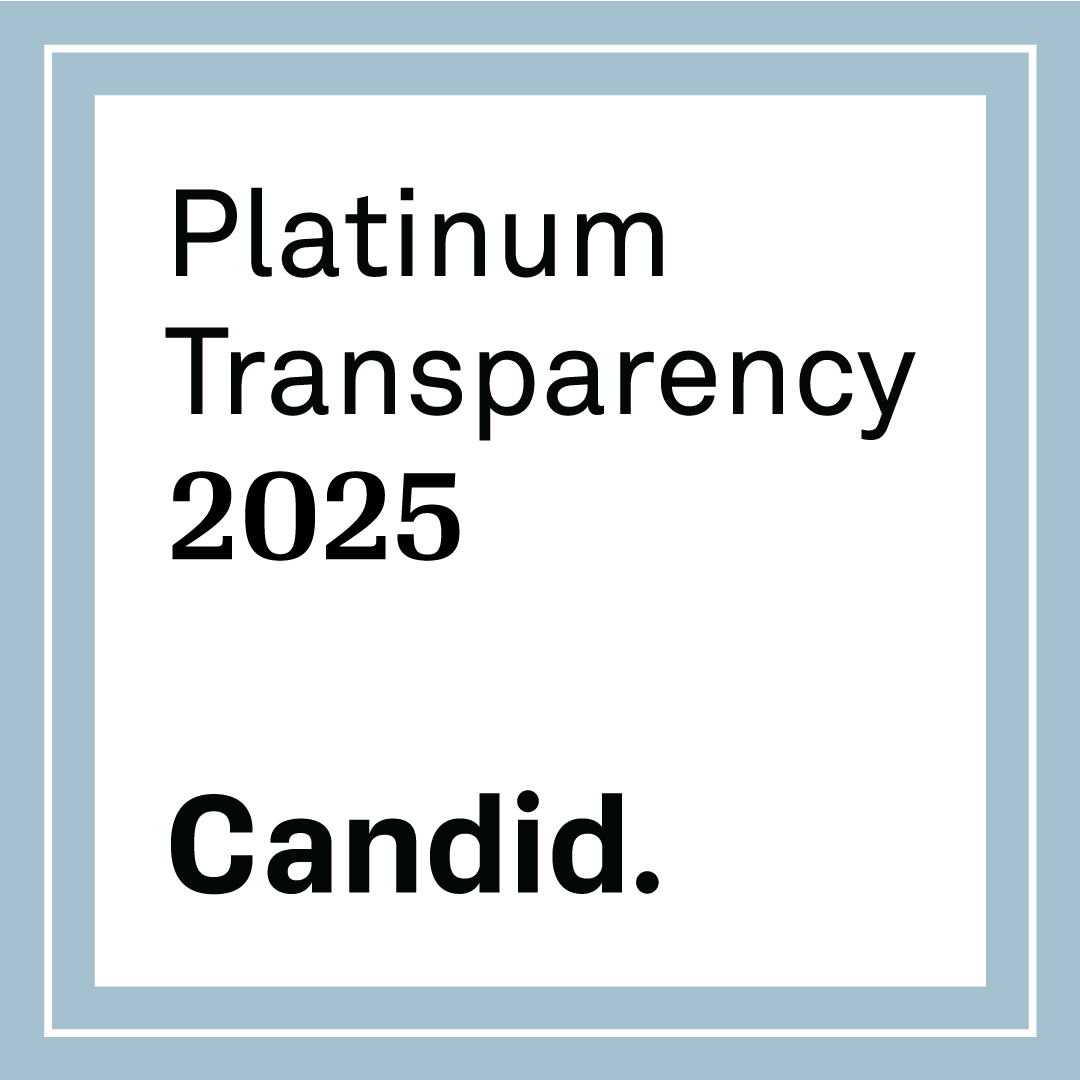According to the National Institute on Drug Abuse, addiction is a chronic disease characterized by compulsive drug seeking that is difficult to control, despite its consequences.
Repeated drug use can lead to brain changes that challenge an addicted person’s self-control and interfere with their ability to resist urges to take drugs. These brain changes can be persistent, which is why drug addiction is considered a "relapsing" disease—people in recovery from drug addiction are at increased risk for returning to use even after years of not taking the drug. Like other chronic health conditions, such as diabetes, asthma, or heart disease, treatment requires action and diligence, and it should be ongoing and tailored to the individual.
Addiction is treatable and can be successfully managed.
People who are recovering from an addiction still will be at risk for relapse for years and possibly for their whole lives. Research shows that combining addiction treatment medicines with behavioral therapy gives the best chance of success for most people.
Holistic Treatment that includes each person's medical…mental…relationship...and social issues increases the likelihood of ongoing recovery.
Most drugs affect the brain's "reward circuit," causing euphoria. The brain is flooded with the chemical messenger dopamine. These surges of dopamine cause the reinforcement of the euphoria leading people to repeat the behavior again and again. As a person continues to use drugs, they develop tolerance. Often they take more of the drug to try and achieve the same high. These brain adaptations often lead to the person becoming less able to derive pleasure from other things in life.
Additionally, the genes that people are born with account for about half of a person's risk for addiction. Gender, ethnicity, and the presence of other mental disorders may also influence risk for drug use and addiction. Environment and development also influence addiction. These include things like family, friends, economic status and quality of life. Peer pressure, physical and sexual abuse, early exposure to drugs, stress, and parental guidance can also greatly affect a person’s likelihood of drug use and addiction.
Drug use and addiction are preventable. Research has shown that prevention-programs involving families, schools, communities, and the media are effective for preventing or reducing drug use and addiction. Although, personal events and cultural factors affect drug use, When young people view drug use as harmful, they tend to decrease their drug taking.
Education and outreach are key in helping people understand the possible risks of drug use. Teachers, parents, and health care providers have crucial roles in educating young people and preventing drug use and addiction.
If you, a family member, a friend, or someone you love are struggling with addiction, Appleseed is here to help.
-Jerry Strausbaugh, EdD, LPCCS, Executive Director

